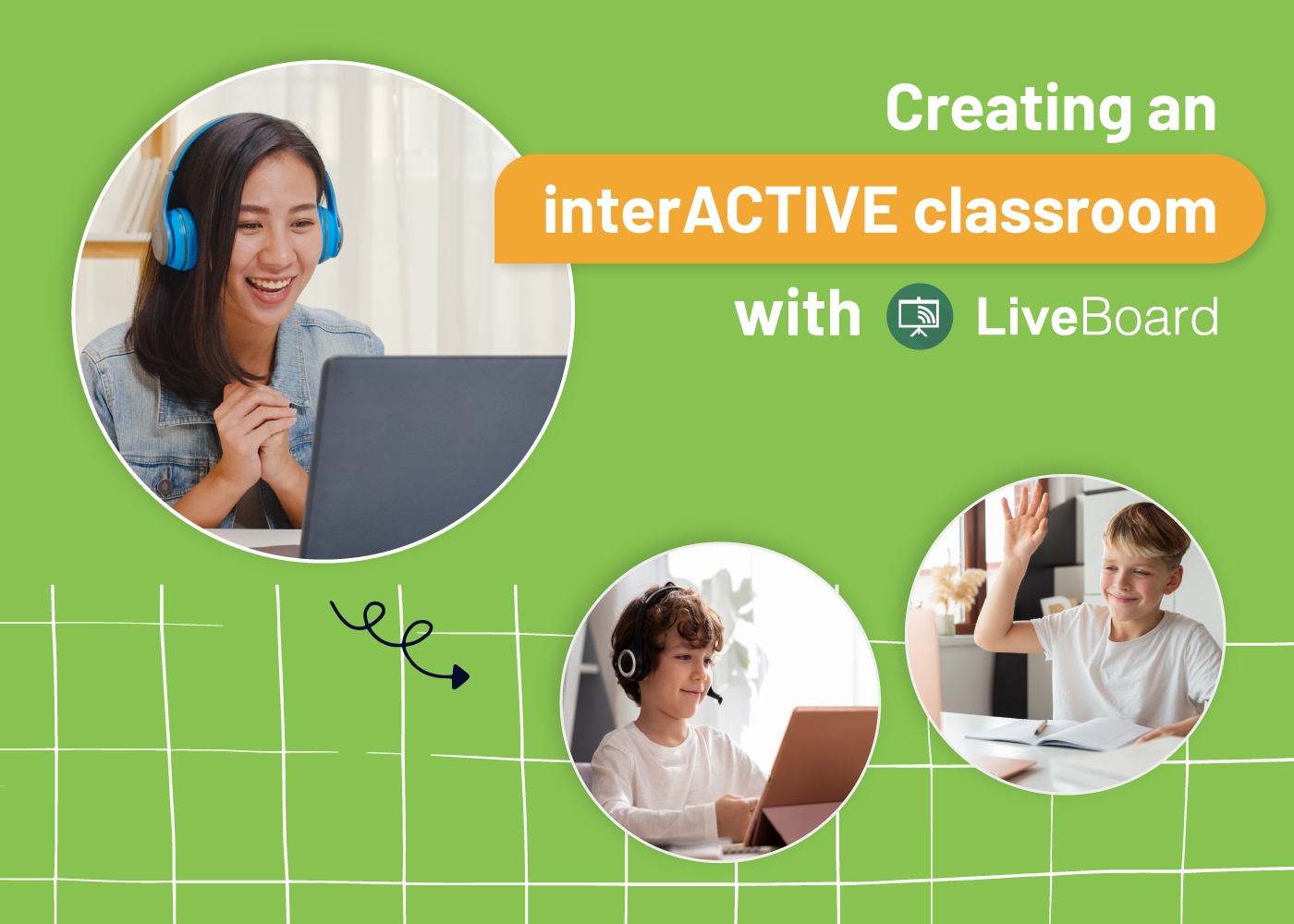What if the joy of summer is interrupted by summer school? How do you make sure to provide the necessary skills to students while maintaining their eagerness for fun and freedom?
While it is hard for teachers to keep students entertained at all times, summer school can be an opportunity to turn classes into a more creative and informative experience. All you need is a powerful imagination and a willingness to deliver your classes in a slightly different manner.
Let’s take a look at several ways you can turn summer school into an unforgettable educational experience for your students.
1. Explore the Scenery

Whether it is a summer camp or a summer school session in a classroom setting, make sure to shift the curriculum into something you have never done before. One of the best ways to engage students in the summer season is by embracing the warm weather and creating a balance between study and recreation.
If you are leading a summer camp, adventure is waiting for you! Explore nature and take your students hiking. Teach them about things like the local flora and fauna, and help them identify and describe those during your hike. It will develop their attention span and help them practice focus and observation.
Summer schools in classrooms can be as entertaining as summer camps. Just make sure to not rely on the familiar blackboard, pen, and paper. It’s summer, after all, when students want to socialize and feel free from the classroom setting they know throughout the school year.
Try teaching in an alternative way, for example by utilizing group projects. Use a digital whiteboard, share collaborative access with your students, separate them into groups, and let them work on the same project simultaneously.
Each student can edit the board in real time, comment on others, or simply follow the activities of other group members. Digital whiteboards create a more game-like process for students, improving their level of engagement.
2. Practice Teamwork
Whether you teach elementary, middle, or high school students, it is important to encourage teamwork. Some students find it difficult to complete a task within a group. This can be the result of social anxiety or a wrong approach to introducing collaborative learning experiences. In any case, when students graduate they enter a real-life working environment, where teamwork is crucial. Therefore, this skill must be learned from a young age.

LiveBoard is a great platform for educators to create interactive learning environments and connect students to work together. Creating a collaborative environment with a reward system for students would be the first step to encouraging teamwork. Turn the learning process into a fun game from start to finish. It can be a small competition between groups or a quiz involving a topic you have chosen. In any case, it will be a challenge, which they have to overcome together.
3. Encourage Creative Activities
Creativity is an important part of education. It allows students to think outside the box and provide more flexible and unique solutions to problems. Creativity is also an amazing way to expand your imagination and express yourself fully.
Summer school is the best time to practice creativity and explore new fields. Students often experience burnout from classes, which can be very frustrating when the curriculum does not introduce anything new and creative.
To solve that problem, you can incorporate the following creative activities to lighten up your classes and give students a chance to self-realize through creative outlets.
Arts and Crafts
One of the more creative and fun activities to include in your summer school curriculum is arts and crafts. Young minds are always observant and imaginative. If you give them a brush and paper, they will show you the world.

Musical Instruments
While this may seem like something a music teacher should do – it is not necessarily so! If you know some of your students play instruments or are keen to learn something new, try to compose a playful song. Turn that into a goal and practice every day after classes. Help them gain confidence and play the song for a small audience after summer school.

Creative Writing
Creative writing is not for everyone, but it is something to try! Explore various storytelling methods with your students. Read some children’s books and identify the writing style. Once your students grasp the concept, give them some interesting topics to write about. You can also place a painting on the wall (e.g. the Mona Lisa) and ask the students to describe her and write down what they see.

Understand What Students Like
It’s crucial for students to feel understood and noticed. Be attentive and identify their interests. Every student needs a creative resource for self-expression, but those resources can be completely different depending on the student. Once you find something you can work with, create separate student clubs for summer school dedicated to sports, arts, chess, and anything else your students may want to explore.
4. Make Reading Fun

We live in a time of technological advancements. It’s not surprising to find children more interested in playing video games and watching movies instead of picking up a book.
While there is nothing wrong with the present interests of younger generations, it is important to encourage reading as much as possible. Books allow readers to explore their imagination. It is easy to incorporate simple reading activities into the summer school curriculum.
Assign an interesting book and allow your students to read a couple of pages. Then hold a book club meeting every other day to talk about the main characters and the plot. You can ask them to draw the character and tell how they imagine the story continues. While this may seem simple, it can spark their curiosity to finish the book.
Conclusion
Finally, do not forget that summer school is also a time to let loose and have fun! It should be spent with your students playing with friends and creating unforgettable memories. After your traditional teaching season ends and you’re planning to work in the summer, encourage group work with innovative tools like LiveBoard, and give your students a unique learning experience they haven’t had before.
If you found our tips interesting, sign up to LiveBoard and learn more about creative ways to excel as an educator.


